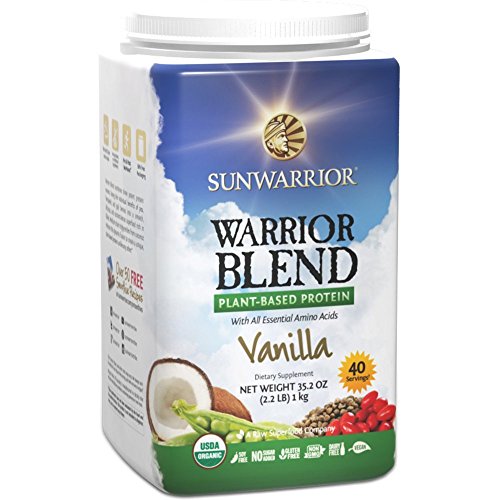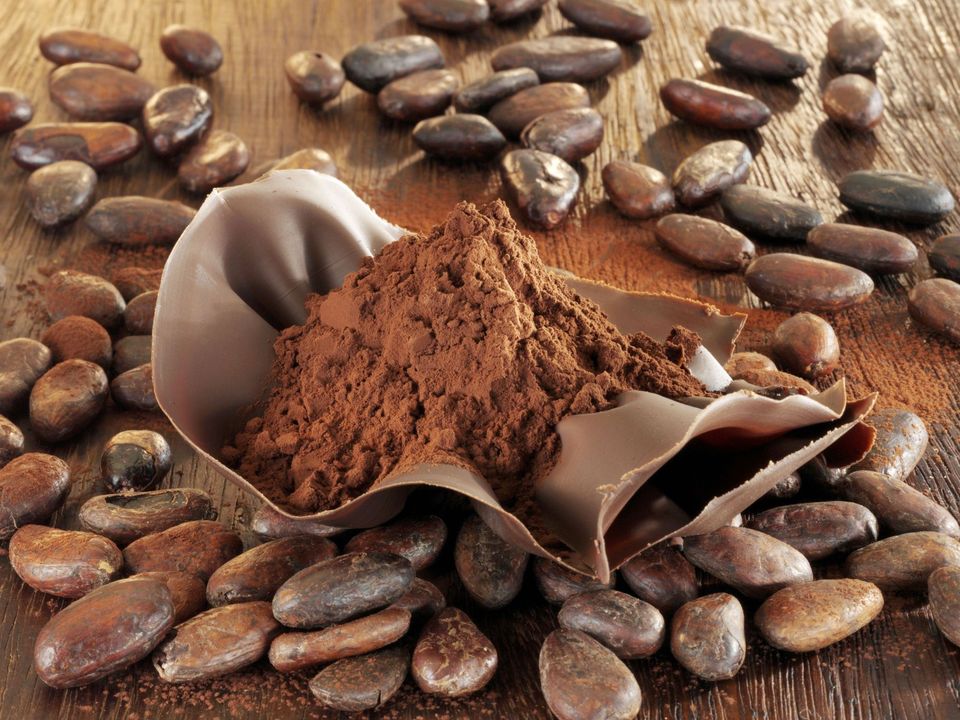Which protein powder and why?

What is protein?
Proteins are like chains made up of small molecules called amino acids, these could be described as the links to the chain. Amino acids are made up of nitrogen, carbon, hydrogen and oxygen. Some proteins are solid, some are flexible in cell membranes and others are mobile in solutions.
Why do we need protein?
Imagine protein as building blocks. Every cell in your body is made up of protein. To grow, repair and live we need protein. It is an essential macro-nutrient. If you lift weights and take part in resistance training. Protein is crucial for building new muscle tissue and intern your recovery.
Protein powders come usually in 3 different forms:
Protein Concentrates: These are produced by extracting protein from whole food using heat and acid or enzymes. They typically contain about 60–80% protein, with the rest being carbohydrate and fats.
- Protein Isolates: These are protein concentrates that go through another refining stage which removes a majority of the fats and carbohydrates. Concentrating the protein percent to 90-95%.
- Protein Hydrolysates: These are made by further heating, acids or enzymes. The peptide bond which hold amino acids together is broken. This allows your body to digest and absorb them at a faster rate.
Whey Protein:
- Taste: variety of different flavors
- Digestion time: 40-60 minutes
- Source: cows
- Price: ££
In the process of making cheese a thin liquid is separated and dried to make whey protein. Whey is digested very quickly approximately 40-60 minutes. Whey protein is rich in branched chain amino acids or BCCA’s, one of which is leucine which promotes muscle growth and recovery.
Casein Protein:
- Taste: Variety of flavour but has a slightly more ‘powdered’ texture
- Digestion time: 3 - 5hours
- Source: Cows
- Price: £££
Casein is another protein derived from cows. Casein is extracted from the milk of cows. Casein is a slow digesting protein. When Casein protein is ingested and meets your stomach acid it forms a gel which slows down digestion, absorption of amino acids and also the emptying of the stomach. The effect is a slow but steady release of amino acids into the blood stream. Studies have shown, for muscle growth, protein synthesis and strength, Casein is more effective that soy and wheat protein. But not as effective at whey.
Pea Protein
- Taste: described as a ‘dirt like’ flavour
- Digestion time: 2-4 hours
- Source: Yellow Split Pea
- Price: ££
Pea protein is a plant based protein powder which is extremely popular with vegetarians, vegans and individuals with allergies to dairy or egg related products. Pea protein is quite an interesting source of protein. Made from the yellow split pea which is high in fibre and all essential amino acids, apart from methionine which is the only exception. The digestion time of pea protein has been shown to be absorbed faster than Casein by our bodies but not as fast as Whey. Pea protein contains the necessary Branched Chain amino acids (BCAA’s) for muscle growth and development unlike rice protein. But it does not contain the same quantity as whey protein.
Hemp protein:
- Taste: Slightly nutty with a gritty texture
- Digestion time: Varible
- Source: Plant (Hemp/marijuana)
- Price: ££
Hemp protein is another protein derived from plants and has gained an extreme amount of popularity. Hemp itself, actually comes from the marijuana plant as the by-product of extracting hemp oil, But only trace amounts of the Psychoactive compound, THC are present in hemp. Hemp protein is rich in the very important omega 3 fatty acids and also has a good amount of the essential amino acids. Although, hemp protein is not considered a complete protein due to the missing aminos: Lysine and leucine.
Plant Proteins
Mixed plant protein powders typically contain a combination of two or more of the following proteins:
- rice
- Alfalfa.
- Chia seeds.
- Flaxseeds.
- Artichoke.
- Quinoa.
Plant proteins tend to be digested more slowly than animal proteins, due to their high fibre content. Although this may not be a problem for many people, it can limit the amount of amino acids available for immediate use after exercise.











